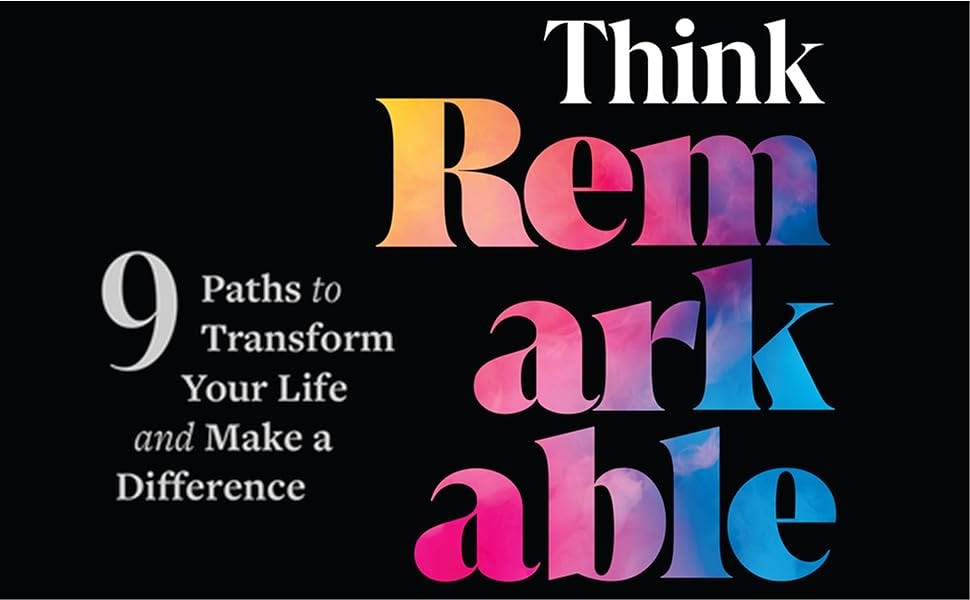Guy Kawasaki's Recipe For Being Remarkable Beyond Your Pitch Deck
The future of innovation is global. We discuss it here.
In the competitive realm of entrepreneurship and technological innovation, the desire to be considered 'remarkable' can often overshadow the genuine pursuit of impactful achievements. However, in a candid dialogue with the prolific author and Silicon Valley icon Guy Kawasaki, a different perspective on this pursuit comes to light, offering invaluable lessons for entrepreneurs, startup enthusiasts, and venture capitalists.
1. The Misconception of Seeking Remarkability
One of the most striking insights from Kawasaki is the notion that striving directly for remarkability is fundamentally misguided. Instead, he advocates for a focus on engaging deeply with problems that are personally meaningful and passionately intriguing. "Don’t focus on being remarkable, focus on being impactful, and the recognition will follow," Kawasaki asserts. He cites examples like Jane Goodall, who dedicated her life to the preservation of species, and Steve Wolfram, who fell in love with physics early and stayed true to that path. This paradigm shift moves the goalpost from seeking external validation to fostering genuine innovation and impactful solutions.
In my perspective, the quest for remarkability often eclipses the deeper, more meaningful pursuit of creating lasting impact. Kawasaki's insight encourages us to redirect our focus from the superficial allure of recognition to the profound satisfaction that comes from solving problems that resonate personally and benefit society at large. To scale (let alone survive) as a startup over the long-term requires this bigger mission.
2. The Three G's of Remarkable People: Growth, Grit, and Graciousness
During our conversation, Kawasaki introduces the 'Three G’s'—Growth, Grit, and Graciousness—as essential stages in the journey of all remarkable individuals.
Growth involves constantly learning and adapting, acquiring new skills and insights that propel personal and professional development.
Grit refers to the perseverance required to overcome inevitable setbacks and challenges.
Finally, Graciousness is about giving back, recognizing one’s fortune and using it to contribute positively to society. "Truly remarkable people realize they have been fortunate and thus feel an obligation to pay back to society," Kawasaki notes, encapsulating the spirit of graciousness.
In my view, the best global entrepreneurs exhibit all three, but one I value strongly in the founders I back is grit. Building in ecosystems with less capital and support ecosystems, the most successful global entrepreneurs take a long time to mature their business. The camels they raise (startups with strong unit economics, and managed burn) is often a cornerstone of this quality.
3. Embracing Conflicting Paths and Diverse Experiences
A key takeaway from Kawasaki’s experiences with various innovators and leaders is the acknowledgment that remarkable individuals often hold conflicting thoughts and pursue diverse paths. Some innovators like Steve Jobs or Elon Musk are known for their singular focus and deep passion for specific technologies. Meanwhile, others, like Julia Child, exhibit the capacity for dramatic career shifts, moving from espionage to culinary arts, demonstrating that adaptability can also lead to significant achievements.
Kawasaki encourages entrepreneurs to embrace a spectrum of experiences: "Remarkable people can hold two conflicting thoughts and still function. You don’t have to stick to a single path."
In my experience, the most insightful entrepreneurs often bring a rich tapestry of experiences that inform their unique approach to innovation. The road to success is rarely linear, and often combining many disparate insights.
4. The Role of Continuous Learning and Adaptation
Beyond the specific traits of remarkable individuals, Kawasaki emphasizes the importance of continuous learning and the willingness to adapt. "Your early life should be about sampling," he advises, "until you have collected enough samples, you really can't decide." Kawasaki himself took up ice hockey at 44 and surfing at 60, embracing new challenges that taught him about vulnerability and resilience. In our fast-evolving world, the ability to stay informed and responsive to new information and technologies is invaluable. Entrepreneurs and business leaders are urged to maintain a student mindset, always curious and ready to incorporate new knowledge and techniques into their practices.
Conclusion: The Path to True Remarkability
The essence of being truly remarkable, as distilled through our conversation with Guy Kawasaki, revolves around impactful endeavors that naturally lead to recognition and respect. It's about making substantive changes that address real-world challenges and push the envelope of what is possible. This dialogue not only provides a roadmap for aspiring entrepreneurs but also highlights the importance of resilience, adaptability, and a genuine commitment to societal progress.
For a deeper exploration of these themes and to gain further insights from Guy Kawasaki himself, click here to read the full transcript.
![[99%Tech]](https://substackcdn.com/image/fetch/$s_!Vpj7!,w_40,h_40,c_fill,f_auto,q_auto:good,fl_progressive:steep/https%3A%2F%2Fsubstack-post-media.s3.amazonaws.com%2Fpublic%2Fimages%2F288cd65c-980f-4acb-8182-1853ec1e444d_1280x1280.png)
